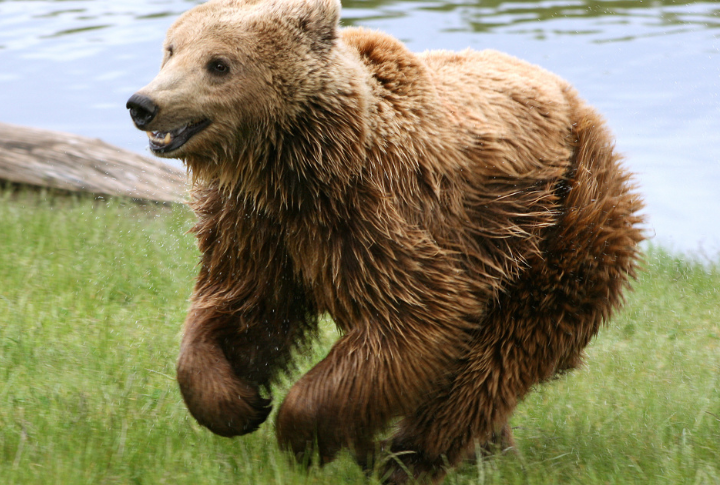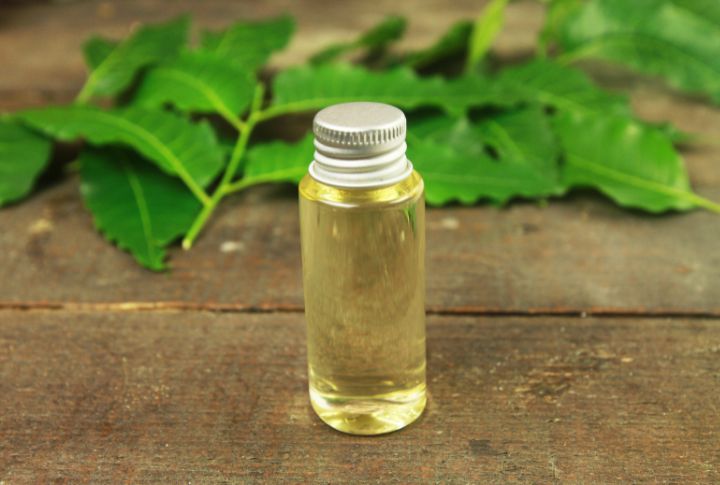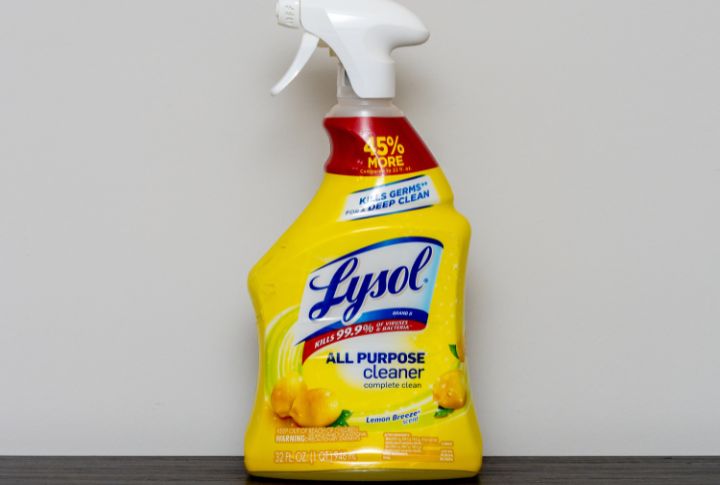
Have you ever wondered what smells might keep a bear away? From the sharp scent of ammonia to the bright, refreshing aroma of citrus, these elements are nature’s own ‘no trespassing’ signs for bears. If you live near Bear Country or love a good woodland hike, knowing these smells could be a game-changer that keeps you and your furry friends safe and sound!
Pine Oil

Notable for its intense and forest-like fragrance, pine oil repels bears and is a multipurpose cleaner. It keeps areas free from food scents that attract bears and can be mixed with water to create an organic, bear-repellent spray.
Citronella

The vital lemon-like essence of citronella deters bears and mosquitoes. Using citronella candles enhances outdoor safety by creating a bear-repellent perimeter. Moreover, citronella is environmentally friendly, decomposing quickly in the environment.
Ammonia

With its sharp and intense aroma, ammonia is an effective bear deterrent. Soaking rags and placing them in strategic zones makes them powerful repellents. Ammonia can be used to clean garbage cans, reducing essences that entice wildlife.
Peppermint

Peppermint’s refreshing fragrance, disliked by bears, is effective when deployed in oil sprays or planted across properties. It also benefits humans by providing a cooling effect and acting as natural pest control against insects. Additionally, peppermint can help mask outdoor food odors, reducing the likelihood of attracting bears.
Chili Pepper

The active ingredient in chili peppers, capsaicin, provokes a strong reaction in bears due to their sensitive sense of smell. Capsaicin makes sprinkled places less inviting, and hikers use sprays as a preventive measure. If reapplied after rainfall, they can have a lasting effect.
Garlic

Planting garlic along the perimeters of properties where bear activity is expected can be an efficient method to deter them. The powerful essence acts as a natural barrier, repelling bears and enhancing safety by making these zones less inviting to them.
Vinegar

Both white and apple cider vinegar have a piercing, acidic scent that is functional as a bear deterrent. Diluted vinegar sprayed around trash cans and food storage areas masks food odors and can help cleanse surfaces of residue that may attract other pests.
Bleach

The concentrated chemical smell of bleach repels bears and helps mask food odors. However, bleach can be harmful if not diluted, so avoiding environmental damage and ensuring it does not come into direct contact with wildlife is essential. Avoid mixing it with ammonia; this combination releases toxic chloramine gas, posing severe health risks.
Citrus Scents

Citrus essences from fruits such as lemons and oranges are unappealing to bears, but they can be effectively utilized throughout the house. Placing citrus peels or employing lime-scented cleaners keeps bears at a distance and provides a fresh, clean aroma appealing to humans.
Neem Oil

Consider using neem oil for practical bear deterrence during camping. This potent-smelling oil can be applied directly or infused in water to create a protective spray for camping gear and areas. Ensure frequent reapplication in wet or densely vegetated environments to maintain its effectiveness and keep your campsite bear-free.
Lysol

Lysol, known for its effectiveness at keeping bears away, also cleans and deodorizes places. Utilizing Lysol or similar disinfectants in regions prone to bear visits can reduce the need for frequent cleanups, as its forceful scent continues to act as a barrier even after the initial application.
Mothballs

As a result of their pungent smell due to naphthalene, mothballs are successful in deterring moths and bears. Since mothballs can be toxic, they should be used cautiously, especially around pets and children. Furthermore, they are best suited in sealed spaces to prevent animal exposure.
Essential Oils

Bears dislike the potent fragrances of essential oils such as eucalyptus, tea tree oil, and cinnamon. These oils can be blended with water and sprayed in areas to form an eco-friendly protector. They also offer therapeutic benefits, enhancing the ambiance of indoor spaces.


Comments
Loading…